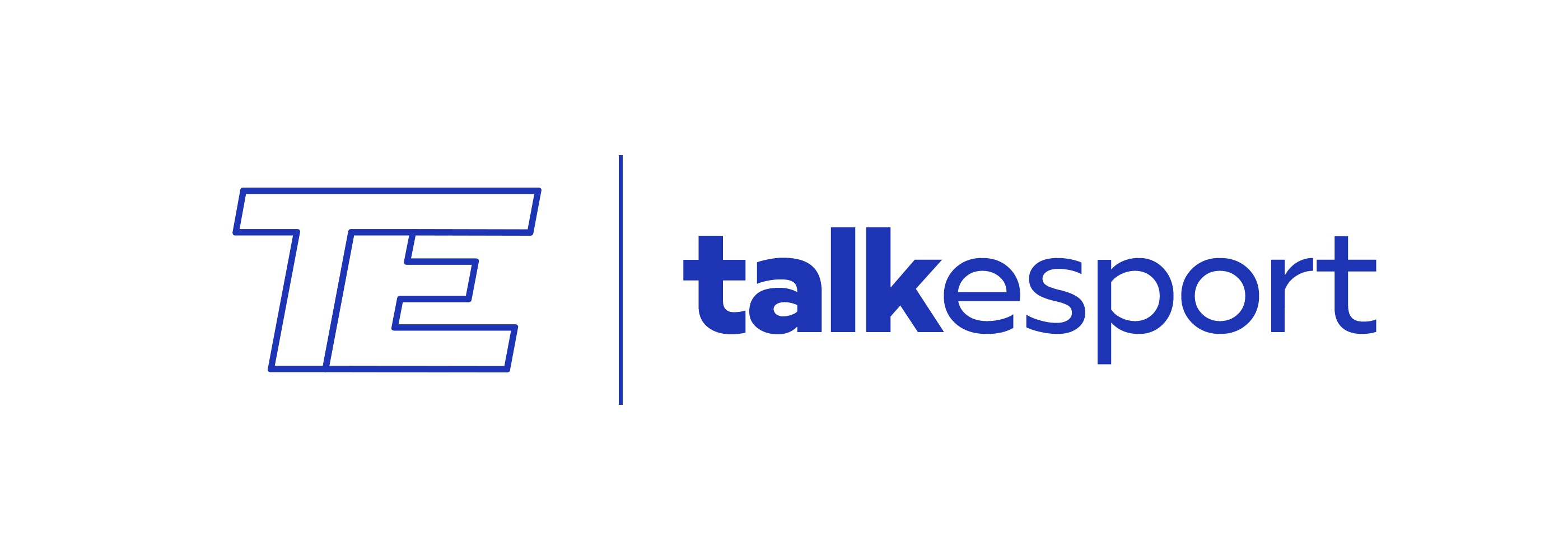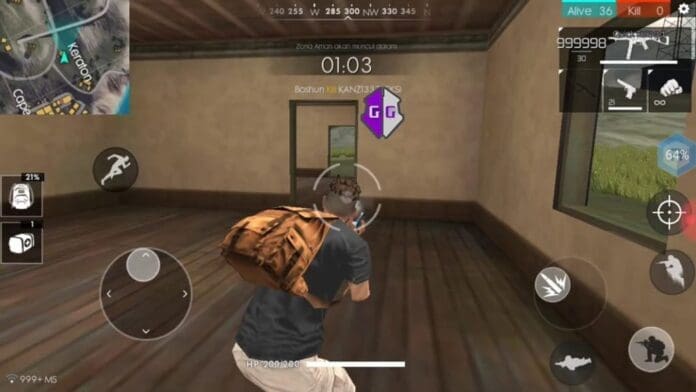Garena has taken a big leap in their plans to curb hacking and cheating in their famous battle-royale title Free Fire. In the Free Fire ‘2020 Anti Hacking Annual Review‘, it has been revealed that Garena has banned over 30 million hackers over the course of last year. The majority of the actions come from the anti-cheat protection but player reports also played a big part in it.
Every game is ridden with the problem of hackers and while their extent varies across each title, one thing that remains constant is the will of some players to bypass several layers of protection and tamper the original files to have an unfair advantage over others in the matches. For a battle royale game, hackers are a very big problem and it seems like Free Fire is tackling them efficiently.
Free Fire initially launched a program named Operation Cutcord in which they have claimed to ban 700,000 accounts reported by the players and a total of over 3.8 million accounts after deploying their new anti-hack detection system. This was followed with several banwaves in the future and a total accumulation of all these numbers has been covered in this annual report.
A total of 30M accounts were banned and 69% of these users were banned by anti-cheat detection system implemented in Free Fire and rest of the accounts were banned after other players reported them in-game. This also reveals that players have a huge role in curbing the hacking problem in Free Fire.
The hackers were banned for use of several cheats and a rough amount of each cheat used was revealed in the announcement video. The numbers are as follows:
- Auto-Aim: 36%
- Through Walls: 23%
- Teleport: 17%
- Antenna: 11%
- Others: 13%
This action clearly indicates that Garena is readily implementing a good enough anti-cheat system to keep the in-game environment clean for the other players. As the game has huge player base, such large number of bans were necessary to ensure that hackers are getting punished for their wrongdoings.
Also Read | REGISTRATIONS FOR FREE FIRE INDIA CHAMPIONSHIP 2021: SPRING SPLIT TO BEGIN SOON


